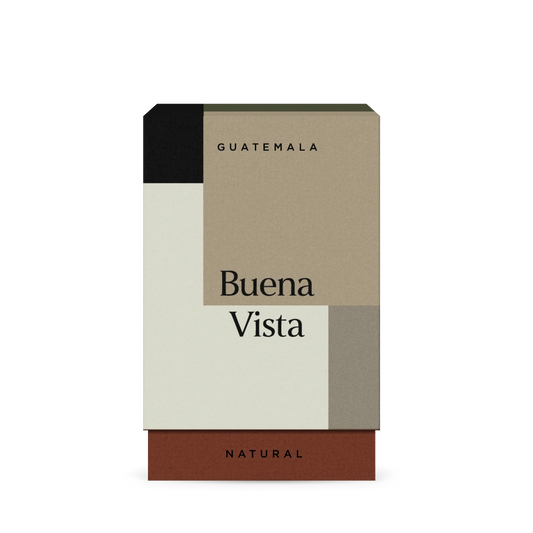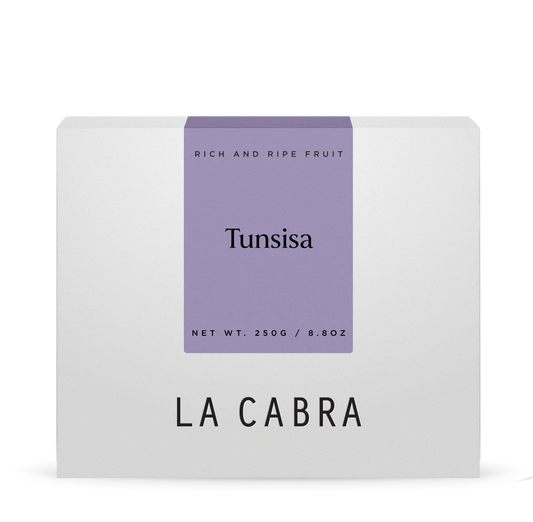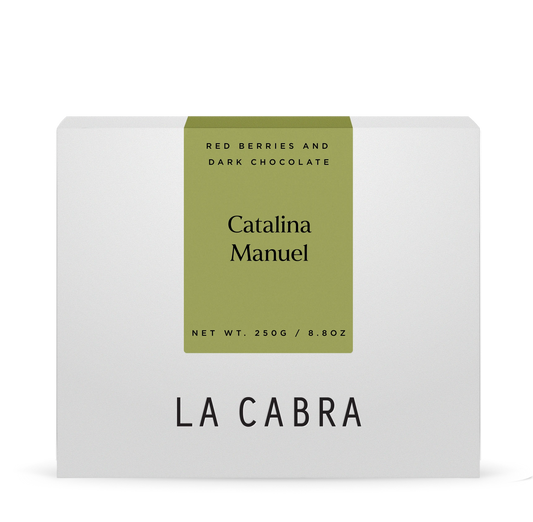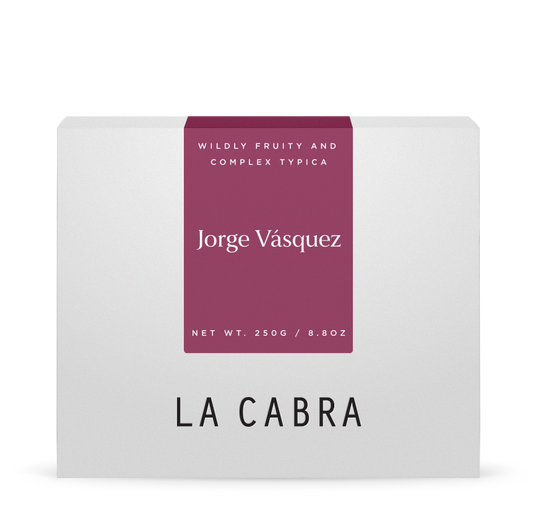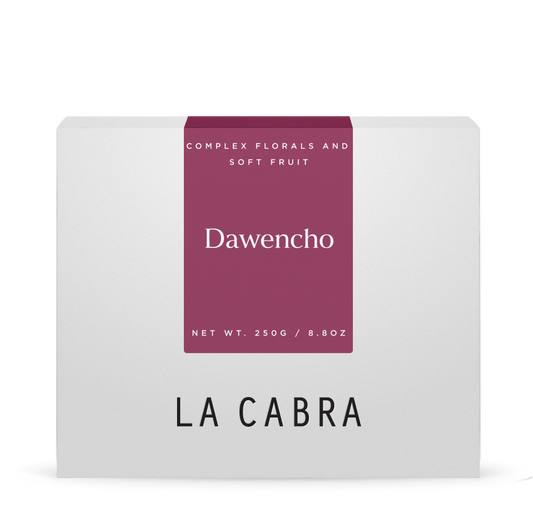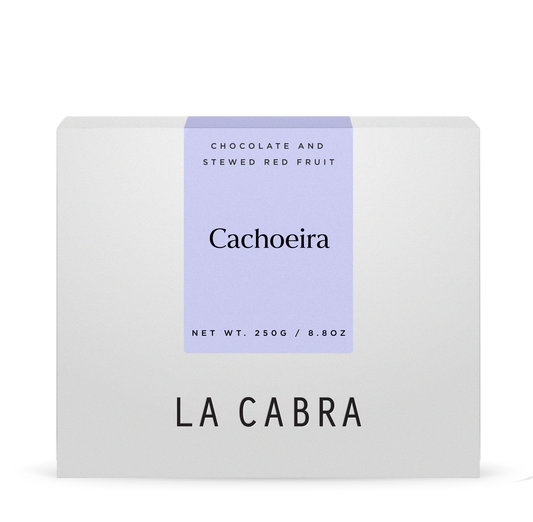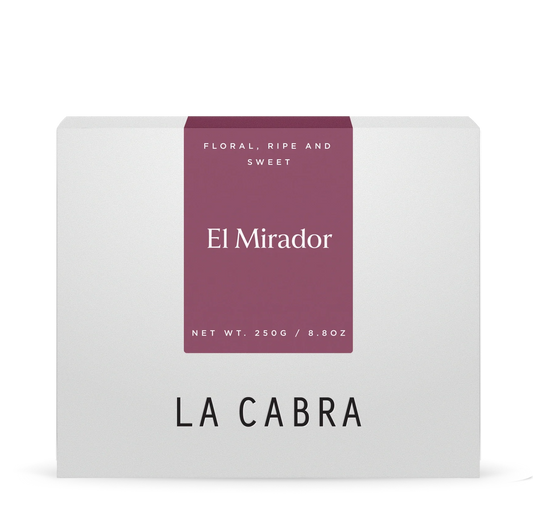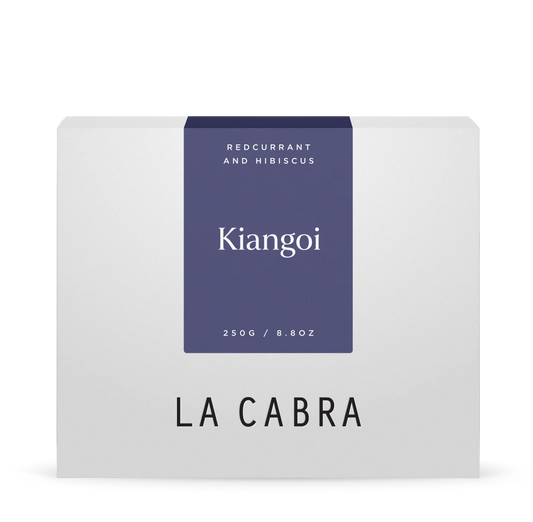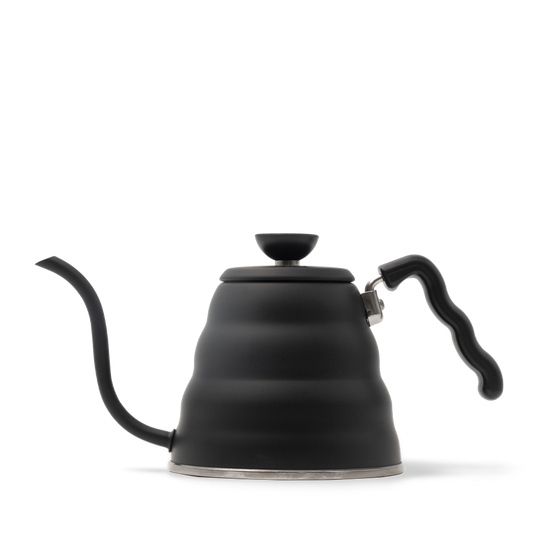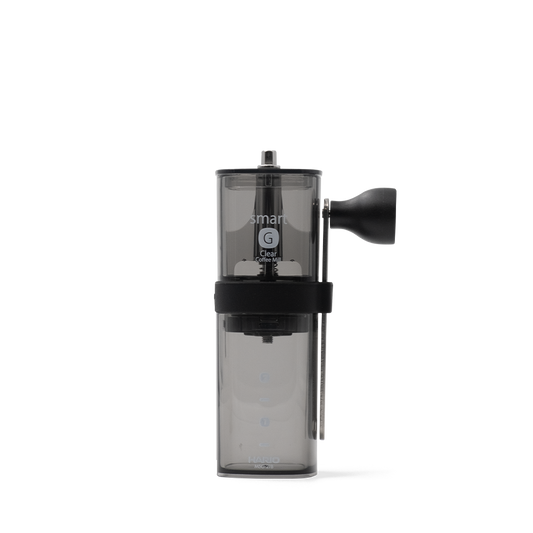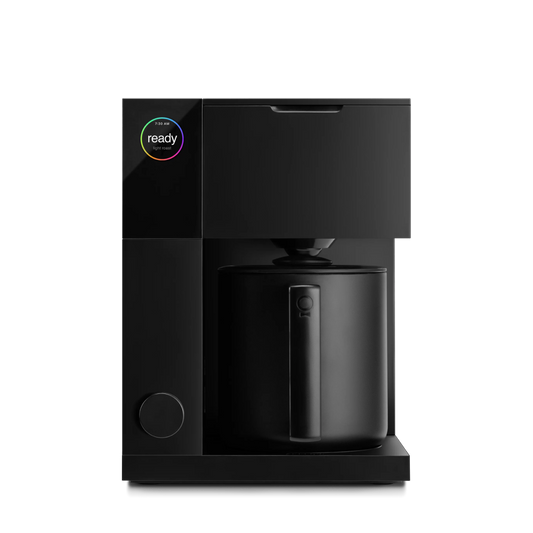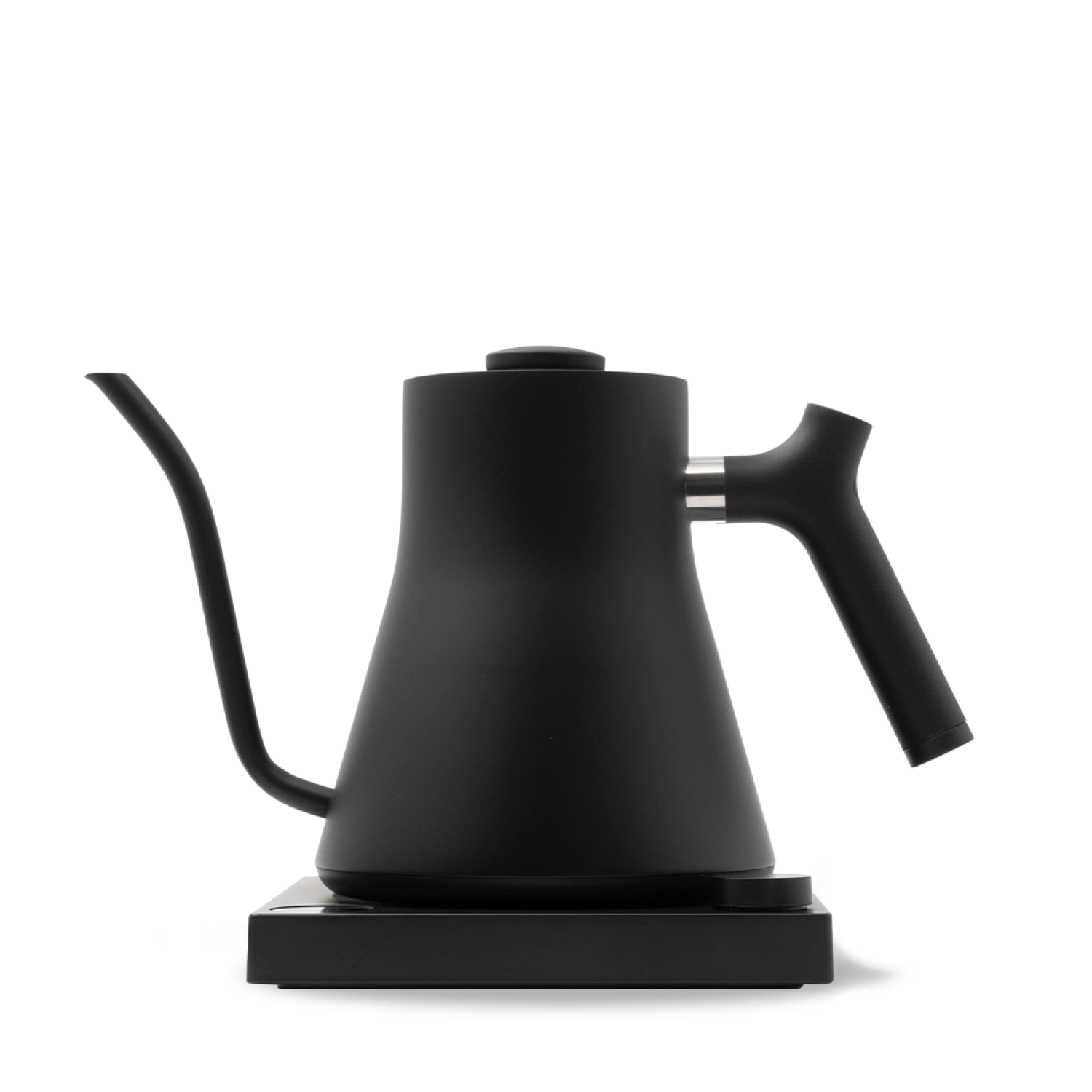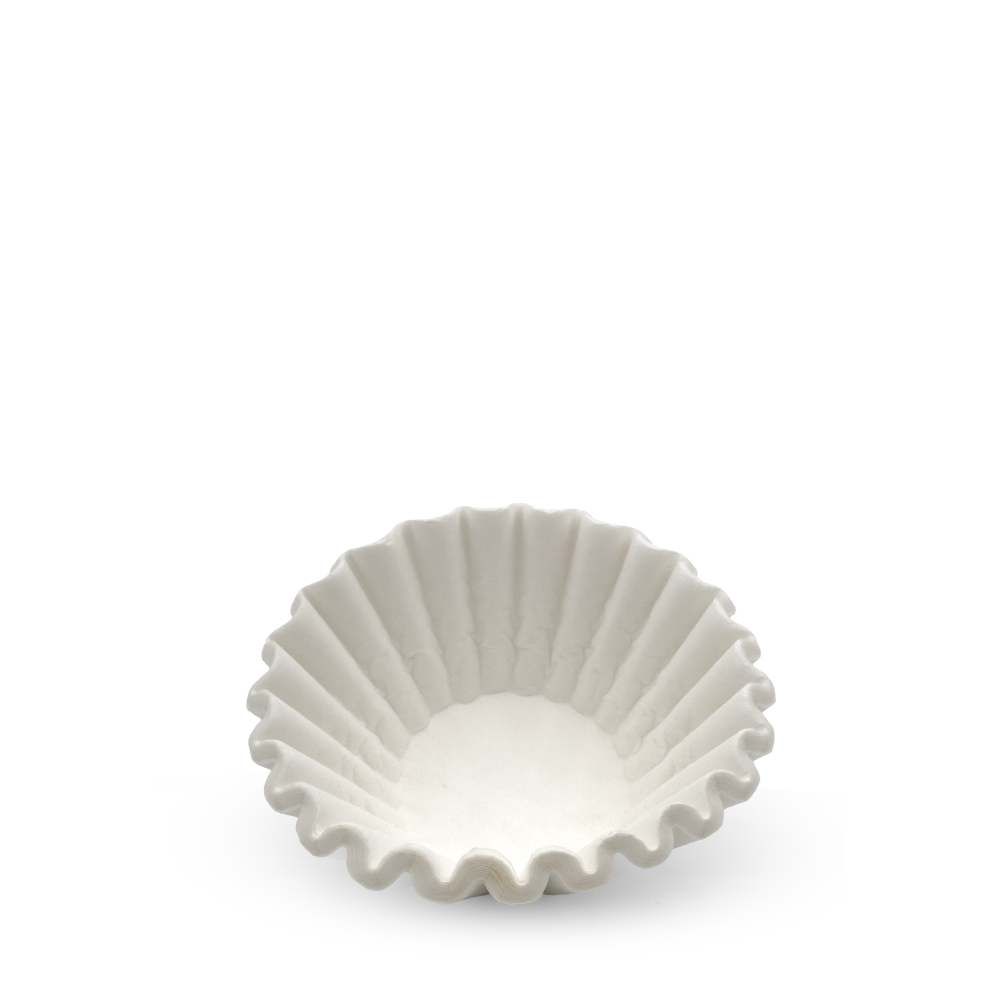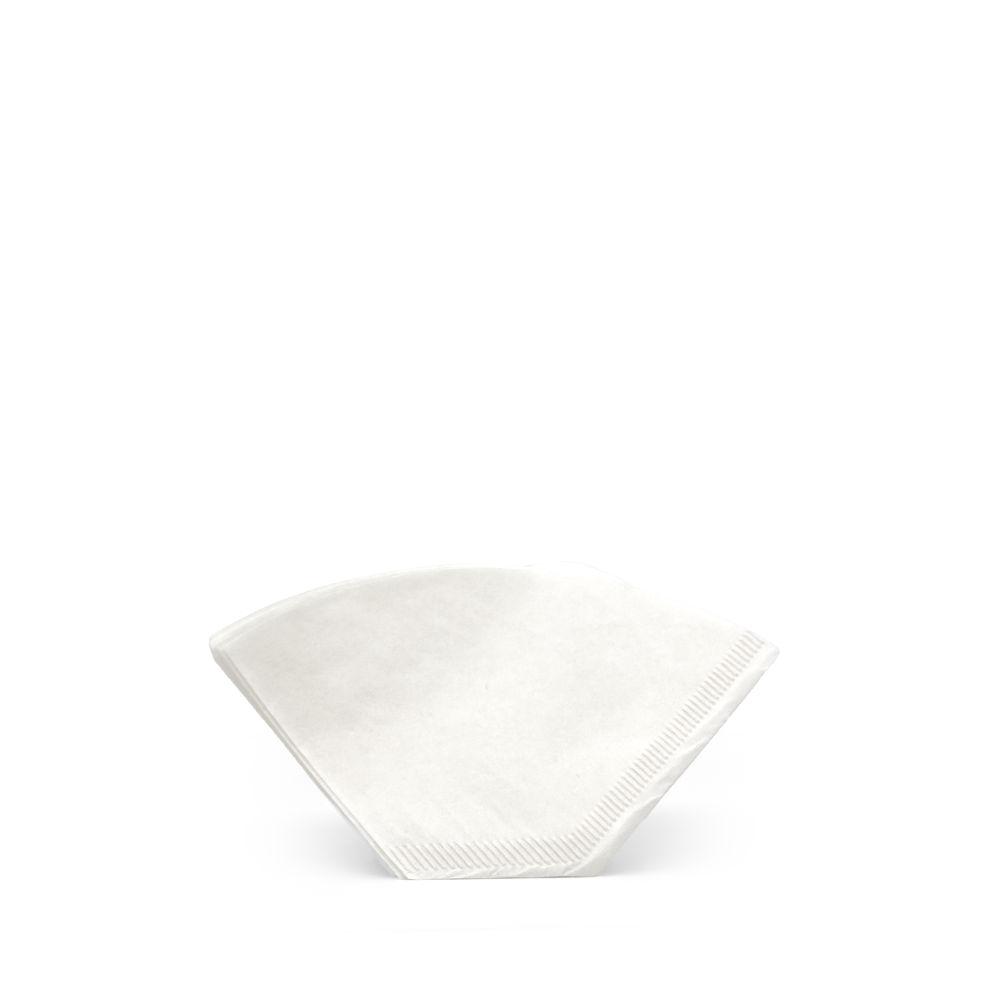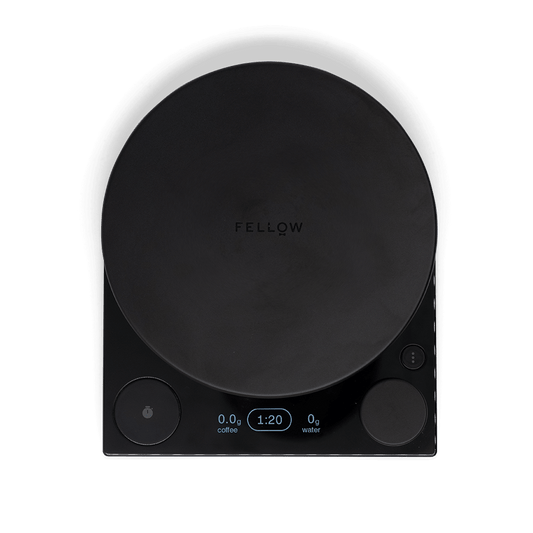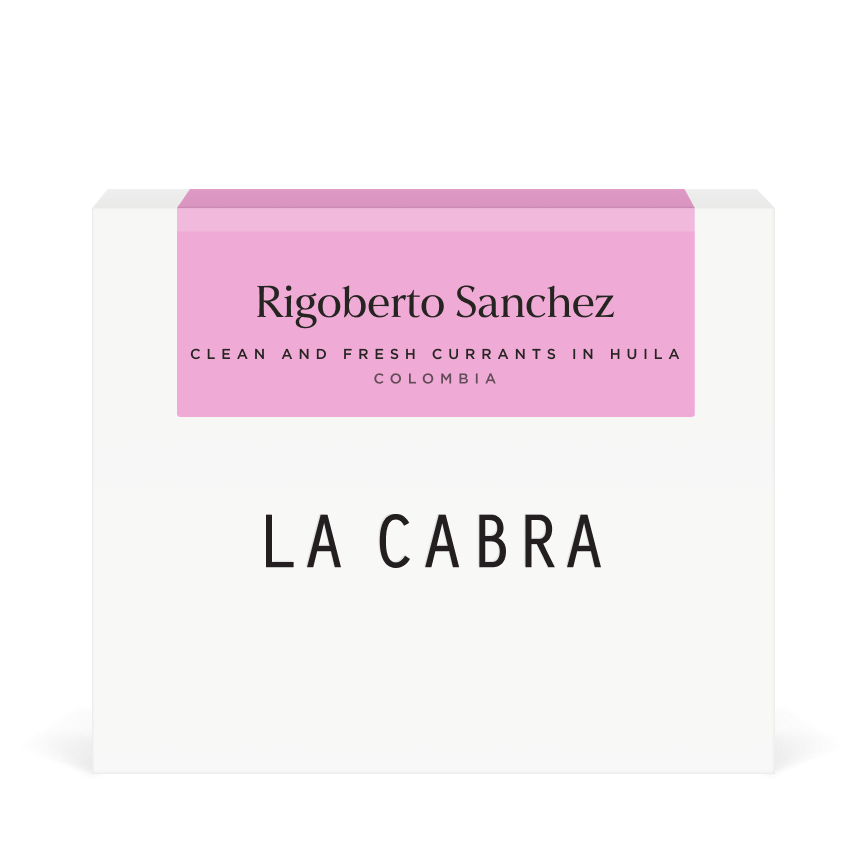
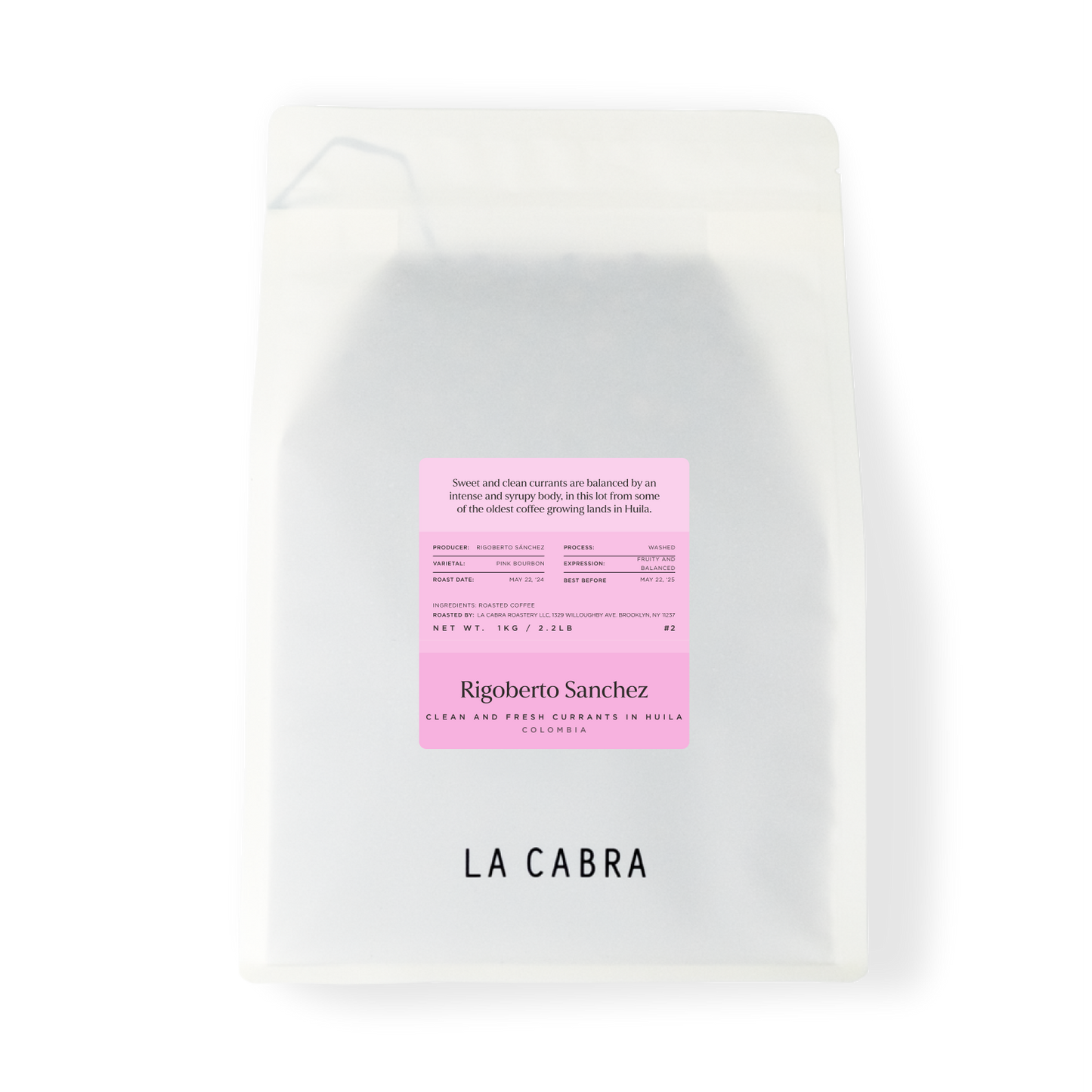

Rigoberto Sánchez
This is the second time we have worked with Rigoberto Sánchez, on his farm just outside Palestina, a major centre for coffee growing in the southern Huila region. We have worked with several members of the Sánchez family, having previously purchased coffee from two of Rigoberto’s siblings, Orlando and Durley, through our work with the LaREB collective.
LaREB
Now all of the siblings are working with LaREB, on some of the oldest coffee growing lands in Palestina. The father of the current generation of the Sánchez family is originally from the Cundinamarca region just north of Colombian capital Bogotá, but moved to Caicedonia after getting married.
Since then, the family has become rather successful in coffee, especially Orlando. In fact, there was such respect for him within the community that he was pushed to run for mayor of Palestina, serving two terms in 1995 and 2000. He has his own farm now, leaving the original Sanchez lands from 1949 to his sisters Durley and Marisela, and brother Rigoberto. The Sánchez family are respected both in the community of Palestina, and in the wider speciality coffee movement in Huila, that has gained great momentum over the past decade or so. Due to this, they are very sought after coffee growers, but choose to work with LaREB as their goals align; a genuine and passionate drive to preserve coffee growing communities across Colombia, and help them to prosper.

This lot is from Rigoberto’s section of the original Sánchez lands, and is composed of the Pink Bourbon varietal. The Sánchez family have long been a driving force in speciality coffee in Huila, and were one of the first to adopt the now widely grown ‘Pink Bourbon’ varietal. Always with a view to ‘lead from the fields’, they have continually pushed for modern coffee growing techniques that add value, while keeping the reality of many farmers’ situation in mind.
Pink Bourbon, while giving a more distinct cup profile than many traditional Colombian varietals, also yields high, and tolerates many diseases and fungi. The washed process used here is also a Colombian tradition, de-pulped, fermented for approximately 24 hours, washed, then dried on raised beds.
Here we find an excellent example of the traditional Colombian profile, with a very clean currant and apple acidity balanced by a rich and syrupy body and complex aromatics.





